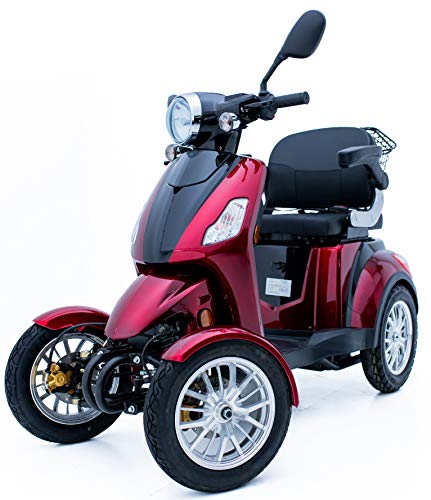What Is Personal Transportation?
Private transportation is the utilization of private transportation vehicles. This can include scooters, bikes, cars unicycles, micromobility devices. It could also refer to the use of public transportation systems.
Private transport is a fantastic option to reduce time and get where you need to get to. It's also more comfortable and offers the privacy that is not available in public transportation.
Cost
The cost of personal transportation can be a major burden for many families. It can make it difficult to save money or invest in other areas of their lives. The cost of fuel can be an expensive expense. The good news is that there are methods to cut down on your transportation costs, including by using public transportation or carpooling.
Despite these benefits there are still many who prefer private transportation to commute. They believe that it is the most comfortable and convenient method of getting around. Some prefer to travel with their own chauffeur. This type of transport may be more expensive than public transport, but it offers more security and comfort.
As EVs benefit from advancements in battery technology as well as charging infrastructure and other areas, the future of personal transportation is likely to be electric. Additionally, EVs will have lower emissions than traditional cars and be more accessible. This will make it easier to switch from gasoline to electric vehicles. This will decrease GHG emissions as well as traffic congestion.
Public transport offers many advantages and can be a great alternative to private transportation. The cost of mass transit is lower and environmentally friendly than private vehicles. It is also convenient and equipped with cameras to ensure passenger safety. It can also assist users avoid parking fees and maintenance. The biggest drawback of public transportation is that it can occasionally be slow and unpredictably. Traveling with children or the elderly can be difficult. This can cause delays and missed medical appointments.
Time
The time required to complete a personal transport task can impact the lives of people. People with busy schedules often find that their commutes are too long. The option of carpooling, working from home or near their work can help reduce the amount of time they spend on the commute. They can also cut down on time by biking or walking instead of driving.
The development of new technologies could revolutionise the personal transportation field. These include electric vehicles with solid-state batteries, which allow for longer ranges and faster charging times. These technologies can also improve the safety of drivers and reduce congestion by optimizing traffic management. Autonomous cars are another major technology that makes travel more comfortable and convenient. They can even help people keep in shape by keeping them moving.
You can also find out more about privacy.
Privacy is an essential aspect of personal travel. People who value their privacy prefer to travel in private vehicles rather than using public transport such as trains or buses that share space with strangers. Public transport is also viewed as less secure, which can affect your personal safety. This is particularly true for elderly people who are more vulnerable to safety concerns.
The lack of privacy can be a major issue for people who travel with children. Sharing the same space as other passengers can be a stressful experience for children and can lead to behavioral problems like aggression and hyperactivity. This is why parents are increasingly opting to use private transportation to protect their children's privacy. This also helps reduce the stress of traveling with children, as well as the amount of time spent in commuting. This can reduce the cost of childcare.

Convenience
Personal transportation is an integral aspect of daily life. However the decision you make could affect your health and well-being. Before choosing the best mode of transportation for you it is essential to weigh the advantages and disadvantages.
A few people prefer public transportation which is typically less expensive than private transportation and requires less maintenance. Additionally it has a lower environmental impact, as it does not emit more carbon dioxide per person. It also reduces the cost of fuel and parking, while providing more convenience and flexibility in your daily commute.
However public transport is unstable and there are risks associated with it. In certain instances, you may be exposed to crime or fail to get to your destination in time due to weather-related or mechanical issues. Numerous train and bus routes can be jammed and make it difficult to move around.
Private transportation, on the other hand is a great choice to travel in peace and privacy. Private transportation is quicker than public transportation and you can avoid crowds in a private vehicle. It's also more comfortable than driving a vehicle since it lets you choose your own route and stop.
Despite all of these advantages, the majority of people prefer to use cars as their primary mode of transport. It could be because they're more comfortable or have a greater value. In the future we can anticipate an important shift in personal transportation as electric vehicles (EVs) become more affordable and easy to charge.
In a recent study, researchers at MIT studied the factors that influence people's choices for modal transportation. The study found that safety is important however, it's not a major role in determining the modal choice. The most important factors were accessibility and speed, as well as cost. This is in line with previous research on modal selection and is likely to continue in the near future. Additionally, this hyperlink that utilizes solid state batteries could further boost the efficiency of EVs which will allow them to travel longer distances with the same amount of power.
